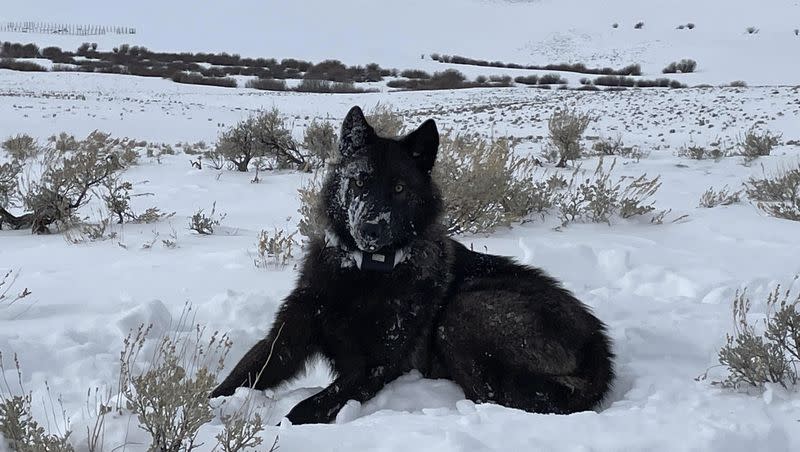Federal judge rules against ranchers in Colorado wolf lawsuit

Ranchers this week argued the federal government failed to do a sufficient review of the ramifications of the reintroduction of wolves in Colorado, with the case coming under review by a federal judge.
Judge Regina M. Rodriguez ruled late Friday evening against the ranchers, signaling reintroduction can begin in days on the western side of Colorado.
The 2023 deadline to begin bringing wolves to the state is part of a ballot initiative that was narrowly approved by voters in 2020.
“We are looking forward to wolves being returned to their rightful place in Colorado,” said Delaney Rudy of the Western Watersheds Project. “The agencies went through the full and proper process, and while none of us are 100% happy with the management plans for wolves in Colorado, trying to thwart the will of the voters with this last minute maneuver was poor form. We’re glad the court saw through it.”
The praise was echoed by Lindsay Larris, wildlife program director at WildEarth Guardians. “Rejecting this unfounded restraining order request is excellent news,” Larris said. “Colorado Parks and Wildlife and U.S. Fish and Wildlife staff have spent thousands of hours on this process, hundreds of them to ensure that livestock owner interests are heard. The court agrees that the public interest in seeing wolves reintroduced by the end of 2023, as intended by ballot measure and statue, is a priority”
The nonprofit groups organizations were represented in the litigation by Earthjustice and the Western Environmental Law Center.
“The court’s opinion vindicates that the lawsuit ignores reality,” said Tom Delehanty, an attorney with Earthjustice’s Rocky Mountain Office. “State and federal personnel put years of work into preparing for wolves’ return to Colorado, and this misguided attack on that process has rightly failed.”
The suit was brought against Colorado’s wildlife agency and the U.S. Fish and Wildlife Service by the Gunnison County Stockgrowers’ Association and Colorado Cattlemen’s Association.
Ranchers argued the federal agency should have done a more thorough environmental analysis of the state’s plan to reintroduce wolves over the next several years.
“Releasing wolves in Colorado is a controversial and irreversible action that will have significant impacts on wildlife and the way of life and livelihoods of rural Coloradans. The rush by the defendants to release a controversial apex predator without preparing an EIS to understand the full impacts of this action is an irreversible action that will harm Plaintiffs and their members,” the rancher groups argued in a legal filing.
The Colorado Cattlemen’s Association described itself as a nonprofit organization that is the oldest cattlemen’s association in the United States, founded in 1867. It says it represents all segments of the beef supply chain and its direct and indirect membership totals an estimated 6,000 producers, individuals and businesses.
The Gunnison County Stockgrowers’ Association argued, too, that the “conservation” of wolves will come at the peril of the Gunnison Sage-Grouse, which is federally listed as threatened.
“The Gunnison sage grouse effort involved the expenditure of millions of dollars of private, county and state funds,” to help protect and preserve the bird, the association argued.
The coalition of environmental groups filed a motion to intervene in the case. Environmental and conservation groups have long sought the reintroduction of wolves in Colorado to fill the gap in what they say is an ecosystem out of balance.
Related
The reintroduction of wolves in Colorado, some fear, has ramifications for Utah. In 2020, the Utah House of Representatives passed a resolution making clear the state does not want them here. The measure passed in the state Senate and was signed by the governor.
Correction: A previous version of this story, quoting Denver7-ABC, said Federal Judge Rodriguez ruled against the ranchers, saying they had failed to make their case. The ruling against the ranchers was announced prematurely before the judge had rendered her decision.

